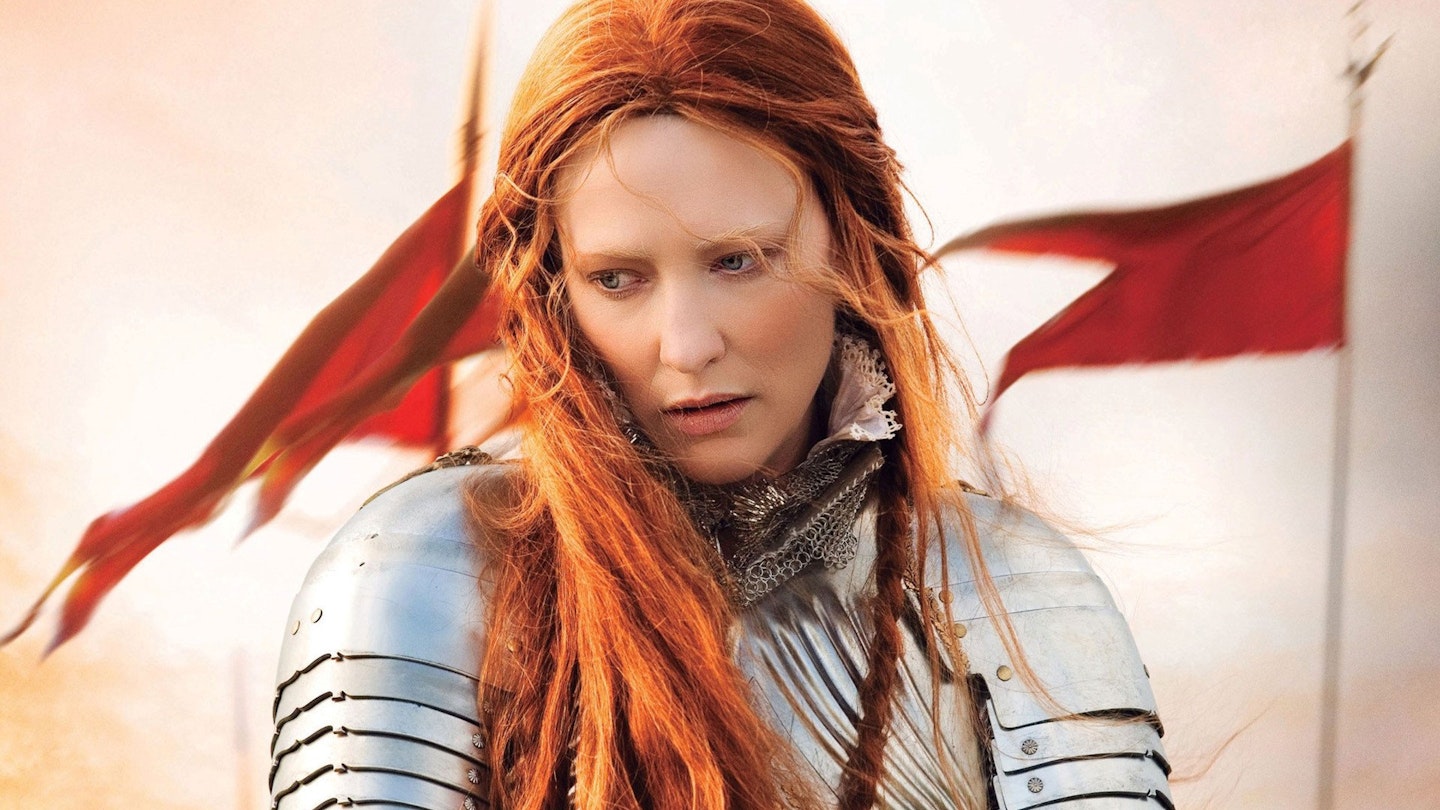Director Shekhar Kapur is an artist who favours an epic canvas, and this sequel to his 1998 Elizabeth paints a mythic portrait. While the first film looked at survival, love and the loss of innocence when the prize is absolute power, The Golden Age considers the question of what happens when that power, so dearly bought, is threatened, and how a mortal woman shapes herself into a goddess to hold onto it.
Elizabeth I was a Queen driven by ambition, and Kapur captures her quest to search beyond the ordinary and grasp at immortality, echoing her ardour by reaching beyond the conventional boundaries of genre. He jokingly terms his first journey into this world ‘the Trainspotting version of the English costume drama’; in which case this could be his Sunshine - more ambitious, more complex but perhaps a little muddied. Kapur could not end the film, he says, without his Queen gazing on the divine. In the climatic battle scenes, Elizabeth achieves her higher purpose: the wind changes, the Armada is doomed, and it is clear that God has shown her his favour ahead of that Most Catholic King, Philip II of Spain (Jordi Mollà, leader of a nation of cartoonishly villainous Papists).
The film opens in 1585, three years before the Spanish Armada sets sail, but concerns itself as much with Elizabeth’s life at court as it does with her foreign policy. Blending the epic with the personal is no easy task, and the film’s scattered exterior shots seem at odds with the intimacy of the long stretches that Elizabeth spends in the company of Sir Walter Raleigh (Clive Owen), Sir Francis Walsingham (Geoffrey Rush) and her ladies in waiting (chief among them Abbie Cornish’ Bess Throckmorton). The CGI-rendered finale, with its large-scale sea-borne swashbuckling is the most jarring moment of all.
But it is in the intimate moments that the film finds its heart. Kapur casts Bess as a projection of the Queen as a girl, and in Raleigh he finds someone who can show the monarch what it is to be mortal: to love, but also to feel pain and jealousy. Elizabeth hopes to use Bess as a vessel to control Raleigh, but learns instead that she must rise above her human desires if she is to achieve her destined state. When in the final scenes she approaches Bess and Raleigh’s newborn child, she does so to offer a divine blessing.
Owen’s buccaneering Raleigh arrives at court bearing those most treasured gifts, chips and fags, and is laden with a generous serving of twinkling charm. He is at his best when playing the enchanting rogue, and his sparking exchanges with Elizabeth kindle in the Virgin Queen a passion that her royal suitors fail to match. Beyond her brief flirtation, however, Elizabeth passes her passion for this dashing seaman onto Cornish’s Bess, in whom we can see the naivety and innocence that Elizabeth has had to forgo.
Cate Blanchett is again supreme in her regal role, and if the Academy overlooked her performance a decade ago, they may yet reward her come next year: providing, of course, that they can acknowledge a Queen Elizabeth two years running. Geoffrey Rush, too, excels in his reprisal of Walsingham, finding great depth in a character wounded by the Babbington plot, and coming to realise that his own powers are on the wane. If the remaining characters seem slight, it is not without reason: in Kapur’s tale, like Elizabeth, they must serve the higher good.


